Parameters Affecting The Screening Efficiency Of Linear Vibrating Screen
The motion parameters that affect the screening efficiency of the linear vibrating screen mainly include the inclination angle of the screen surface, the vibration direction angle, the amplitude of the screen surface, and the vibration frequency.
1. Screen inclination
The inclination of the screen surface mainly depends on the required processing capacity and screening efficiency. When other parameters are determined, the larger the inclination angle, the higher the processing capacity, but the lower the screening efficiency, and vice versa.
When the linear vibrating screen is used to screen materials >50mm, the inclination angle of the screen surface is generally 5-10°.
When the linear vibrating screen is used to screen medium and fine-grained materials less than 40mm, the inclination angle of the screen surface is 0°.
When the linear vibrating screen is used for dehydration, de-intermediation, and desliming, the inclination angle of the screen surface is -5-0°.
2. Vibration direction angle
The vibration direction angle of the screen surface of the linear vibrating screen is the projection angle of the material. In actual production, most linear vibrating screens use 30°, 45° and 60° vibration direction angles, which can not only better adapt to various screening performances but also obtain ideal moving speed and screening efficiency.
When the vibration direction angle is 30-45°, the material moves fast and the processing capacity is high, but the screening efficiency is not high. Suitable for handling easy-to-screen materials.
When the vibration direction angle is 60°, the material projection angle is large, and the screening efficiency is high, but the processing capacity is not high. Suitable for handling difficult-to-screen materials.
3. Screen amplitude
The amplitude of the linear vibrating screen is related to the size, purpose, and particle size of the material being processed. Generally, the single amplitude of linear vibrating screen is mostly 3.5-5.5mm. The larger the size of the vibrating screen, the larger the selected amplitude, and vice versa. When the linear vibrating screen is used for screening, the amplitude needs to be slightly larger. When used for dehydration and desliming, the amplitude should be smaller. When the particle size of the material being processed is large, the amplitude of the linear vibrating screen should also be increased accordingly, otherwise, the amplitude should be smaller.
4. Vibration frequency
The vibration frequency of the screen surface is related to the screen surface inclination angle, the vibration direction angle, and the screen surface amplitude. The vibration frequency of the linear vibrating screen is generally 700-900rpm.


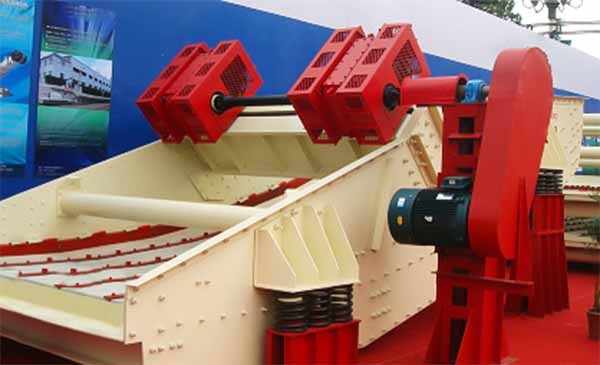
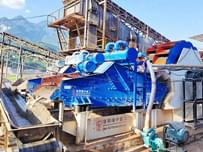
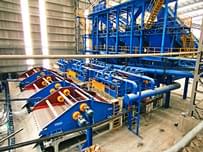
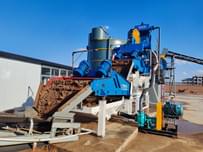
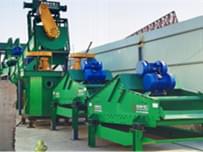
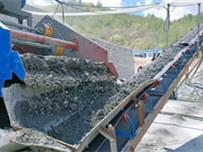
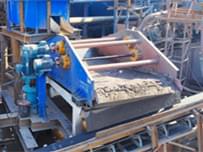
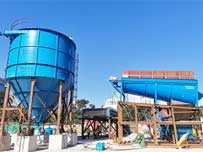
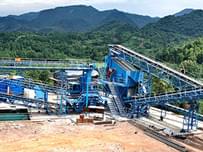




Send Message
Please write down your requirement and contact details in the following form. You can also send a message to us by this email export@lylzzg.com, we will reply to you within 24 hours.